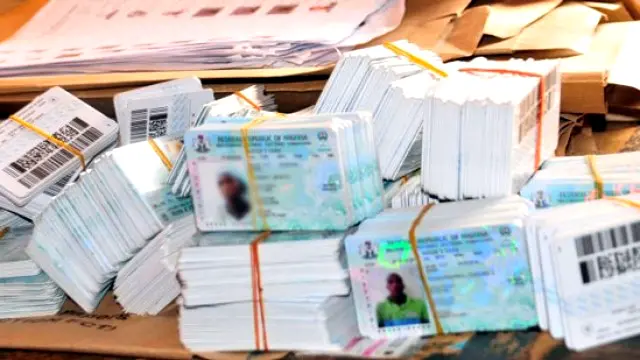As Nigeria gears up for its upcoming election on February 25 2023, citizens and political observers are closely monitoring the number of election wards in the country. According to the Independent National Electoral Commission (INEC), there are a total of 3,976 wards in Nigeria, spread across the country’s 774 local government areas.
These wards will play a crucial role in the election, as they serve as the basic units for voter registration and the conduct of elections. Each ward is typically made up of several polling units, where citizens will cast their votes on election day.
The number of wards in Nigeria has increased over the years, reflecting the country’s growing population and increasing demand for more representative democracy at the grassroots level. In the last election in 2019, there were about 3,967 wards across the country, with a population of about 190 million people.
As the election approaches, political parties and candidates are working hard to connect with voters at the ward level, with many holding rallies and meetings to gain support. INEC has also been working to ensure that the election is free, fair, and credible, with a focus on voter education and the use of technology to improve the voting process.
With just a few weeks to go until the election, all eyes are on the 3,976 wards across Nigeria as the country prepares for a historic moment in its democratic journey.
This election is significant as it marks the first time since the end of military dictatorship in 1999 that a third-party candidate is presenting a real challenge to the dominance of the ruling All Progressives Congress (APC) and the main opposition People’s Democratic Party (PDP).
Despite INEC’s efforts to make the election more transparent by introducing an electronic transfer of results and biometric voter identification technology, past elections have been marred by logistical delays, violence, and claims of fraud and vote buying.
Voter turnout
Many young voters are eager to have a say in the future leader of the country as Nigeria struggles with insecurity, high living costs, and increasing poverty. This could mean that Nigeria’s upcoming election could witness a high voter turnout compared to the 34 per cent turnout in Nigeria’s 2019 general election. The 2023 general election is expected to be dominated by the Nigerian youth.
The chairman of the Independent National Electoral Commission, Professor Mahmood Yakubu, has said that the 2023 general election is ultimately an election for the young people in Nigeria. The INEC has stated that there are currently 93.4 million registered voters in Nigeria out of which 37 million, are young people between the ages of 18 and 34.





